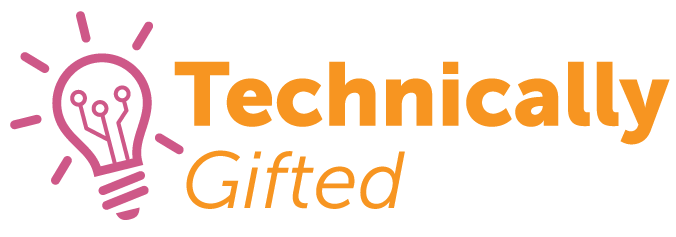
CRM
A Customer Relationship Management (CRM) system is a technology platform that helps businesses manage interactions with customers, clients, and sales prospects. The primary goal of a CRM system is to improve business relationships, streamline processes, and enhance profitability. The most popular CRM systems of choice include Salesforce, MS Dynamics and HubSpot.
Key Functions
- Contact Management: Stores customer information such as names, addresses, and social media profiles in a centralized database.
- Sales Management: Tracks sales activities and stages, helping to manage sales pipelines, forecast revenue, and close deals.
- Customer Service: Facilitates customer support by tracking service issues, managing customer interactions, and providing support tools.
- Marketing Automation: Manages marketing campaigns, tracks customer responses, and provides insights into campaign effectiveness.
- Workflow Automation: Automates routine tasks, ensuring consistency and efficiency in business processes.
- Analytics and Reporting: Provides insights into customer data through various reporting tools, helping businesses make data-driven decisions.
- Task Management: Assigns and tracks tasks related to customer interactions, ensuring that follow-ups are timely and effective.
- Collaboration Tools: Enhances team collaboration through shared customer data and communication tools.
Benefits
- Improved Customer Relationships: By maintaining detailed records of customer interactions, businesses can provide more personalized service.
- Increased Sales: By managing sales processes more effectively, businesses can identify opportunities, track progress, and close deals more efficiently.
- Enhanced Customer Retention: CRM systems help businesses understand customer needs and behaviour, allowing for better customer satisfaction and loyalty.
- Better Data Management: Centralized data storage ensures that all team members have access to up-to-date customer information.
- Efficient Workflow: Automating routine tasks frees up time for employees to focus on higher-value activities.
- Actionable Insights: Analytical tools provide insights into business performance and customer behaviour, supporting strategic decision-making.
- Improved Collaboration: Teams can work together more effectively by sharing information and communicating within the CRM platform.




